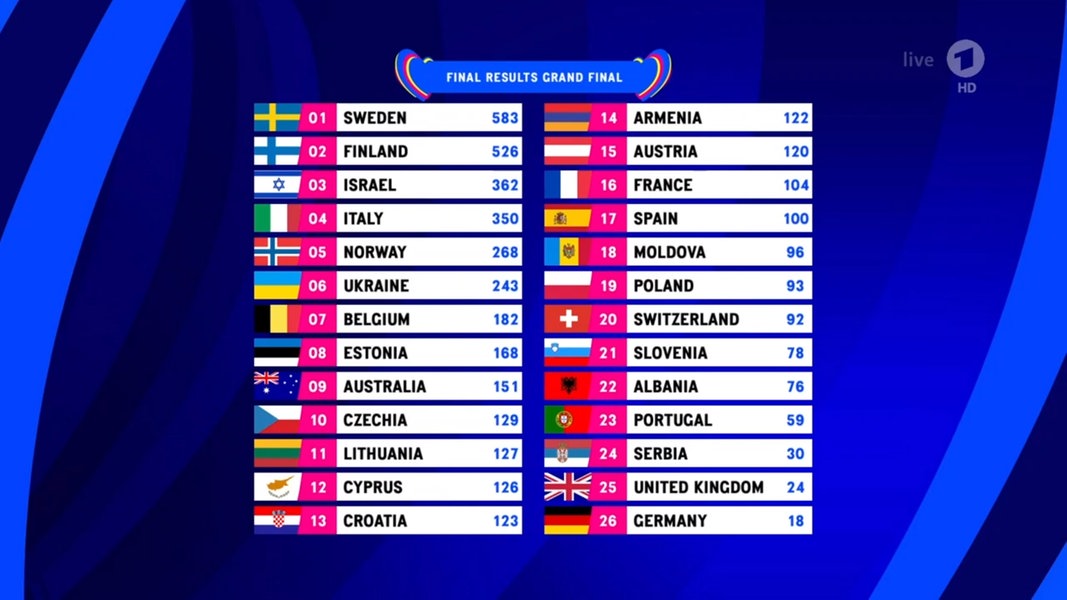Limited Public Consultation In Key French Defense Strategy Choices

Table of Contents
The Current State of Public Consultation in French Defense Policy
Opacity and Lack of Transparency
Limited access to information regarding defense budgets and strategic planning remains a significant issue. The restricted dissemination of policy papers and reports further hinders public understanding. Minimal public hearings or forums for direct citizen engagement exacerbate this lack of transparency.
- Limited access to defense budget details: The specifics of how defense funds are allocated often remain shrouded in secrecy, making it difficult for the public to assess the efficiency and effectiveness of spending.
- Restricted access to strategic planning documents: Key strategic documents are often classified, limiting public scrutiny and the opportunity for informed debate.
- Absence of meaningful public forums: Opportunities for direct public input, such as town halls or online consultations specifically focused on defense strategy, are scarce.
For example, the 2020 military programming law, while subject to parliamentary debate, lacked widespread public consultation regarding its specific strategic implications. The current mechanisms for public consultation, such as parliamentary oversight (discussed below), are demonstrably insufficient to address this significant democratic deficit.
The Role of Parliamentary Oversight
The French Parliament plays a crucial role in scrutinizing defense policy. Parliamentary committees dedicated to defense matters review budgets, legislation, and strategic plans. However, the effectiveness of this oversight in ensuring genuine public accountability is debatable.
- Limited time for scrutiny: Committees often face time constraints, limiting the depth of their investigations and analysis.
- Information asymmetry: The executive branch holds a significant information advantage, potentially hindering effective parliamentary scrutiny.
- Lack of public input into parliamentary processes: While parliamentary debates are public, opportunities for direct public input into these processes remain limited.
While parliamentary debates offer some degree of public engagement, the process often lacks the depth and breadth necessary for meaningful public participation in shaping French Defense Strategy Consultation. Instances where parliamentary oversight has been genuinely impactful in altering key strategic decisions are relatively rare.
The Influence of Expert Committees and Think Tanks
Expert committees and think tanks significantly influence French defense policy. While they offer valuable expertise, concerns remain about their representativeness and transparency.
- Potential for bias: The composition of these groups may not reflect the diversity of public opinion, leading to potential biases in policy recommendations.
- Limited public access to deliberations: The deliberations of expert committees and think tanks are often not publicly accessible.
- Lack of diverse perspectives: These groups may lack representation from marginalized or underrepresented segments of the population.
Several prominent think tanks, such as the Fondation pour la Recherche Stratégique (FRS), contribute significantly to defense policy debates. However, greater transparency regarding their funding, methodologies, and the diversity of their membership is needed to ensure broader public trust and a more inclusive French Defense Strategy Consultation process.
Consequences of Limited Public Consultation
Erosion of Democratic Accountability
Limited public engagement erodes fundamental democratic principles. It reduces public trust in government decision-making and increases the potential for policy errors stemming from a lack of diverse perspectives.
- Decreased public trust: A lack of transparency and public participation breeds cynicism and distrust in government institutions.
- Policy failures: Policies developed without adequate public input may fail to address the needs and concerns of the population, leading to ineffective outcomes.
- Lack of legitimacy: Defense strategies developed without broad public support lack democratic legitimacy and may struggle to gain popular acceptance.
The lack of public input in past defense decisions may have contributed to public dissatisfaction and eroded confidence in the government’s ability to effectively manage national security concerns.
Potential for Strategic Miscalculations
Overlooking public concerns and perspectives carries significant risks. Public input is crucial for ensuring defense plans are relevant, effective, and enjoy broader support.
- Underestimation of public sentiment: Ignoring public opinion can lead to strategic miscalculations, undermining the effectiveness of defense initiatives.
- Lack of support for crucial initiatives: A lack of public consultation may result in insufficient support for vital defense programs.
- Missed opportunities for collaboration: Public engagement can identify unforeseen challenges and opportunities, improving the effectiveness of strategic planning.
Ignoring public sentiment regarding specific defense initiatives can lead to opposition and ultimately undermine the success of national security strategies.
Impact on National Unity and Social Cohesion
Public consultation is vital for building national consensus on defense issues. Fostering a sense of shared responsibility for national security is crucial for national unity.
- Social division: Perceived undemocratic decision-making can create social divisions and undermine national cohesion.
- Reduced public support for defense initiatives: Lack of public consultation may lead to lower levels of support for crucial defense programs, hindering their effective implementation.
- Increased potential for conflict: Ignoring public opinion on defense matters may contribute to social unrest and conflict.
Engaging the public in defense policy discussions promotes a sense of shared responsibility and strengthens national unity by ensuring that defense strategies reflect the values and priorities of the entire nation.
Conclusion
This examination of limited public consultation in key French defense strategy choices reveals significant shortcomings in democratic accountability and strategic decision-making. The lack of transparency, limited avenues for public participation, and the potential for overlooking diverse perspectives pose serious risks. Increased public engagement in the formulation of French defense strategy is crucial to bolster democratic legitimacy, enhance policy effectiveness, and strengthen national unity. We urge for a more transparent and inclusive approach to French Defense Strategy Consultation, fostering greater public participation in shaping the future of French national security. A more open dialogue on defense policy will not only improve decision-making but also strengthen the bond between the government and its citizens.

Featured Posts
-
 Deiveson Figueiredo Vs Cory Sandhagen Fight Night Predictions And Best Odds
May 04, 2025
Deiveson Figueiredo Vs Cory Sandhagen Fight Night Predictions And Best Odds
May 04, 2025 -
 The Count Of Monte Cristo A Review Of Alexandre Dumass Swashbuckler
May 04, 2025
The Count Of Monte Cristo A Review Of Alexandre Dumass Swashbuckler
May 04, 2025 -
 Re Examining Dumas The Count Of Monte Cristo A Modern Perspective
May 04, 2025
Re Examining Dumas The Count Of Monte Cristo A Modern Perspective
May 04, 2025 -
 Ufc Fight Schedule May 2025 Events Featuring Ufc 315
May 04, 2025
Ufc Fight Schedule May 2025 Events Featuring Ufc 315
May 04, 2025 -
 Eurovision 2025 News Und Spekulationen Zum Deutschen Teilnehmer
May 04, 2025
Eurovision 2025 News Und Spekulationen Zum Deutschen Teilnehmer
May 04, 2025
